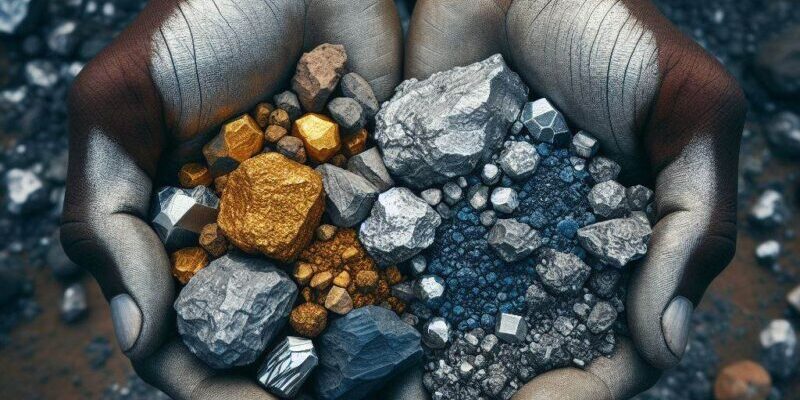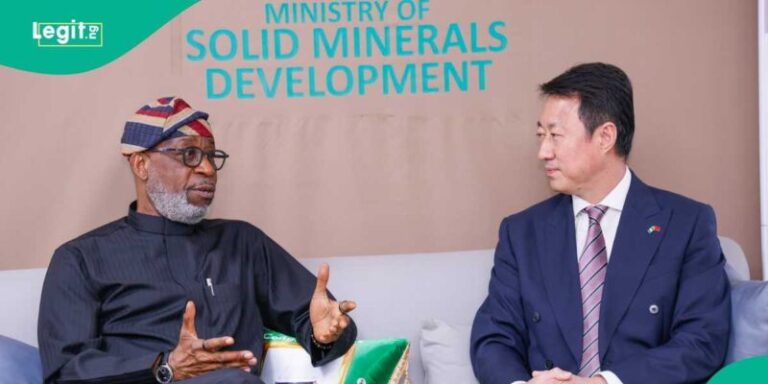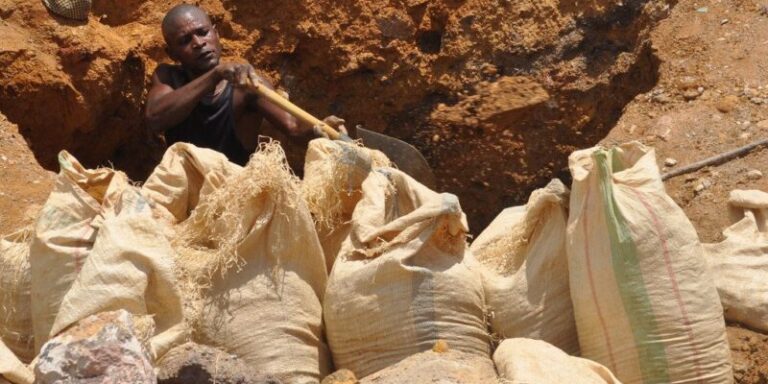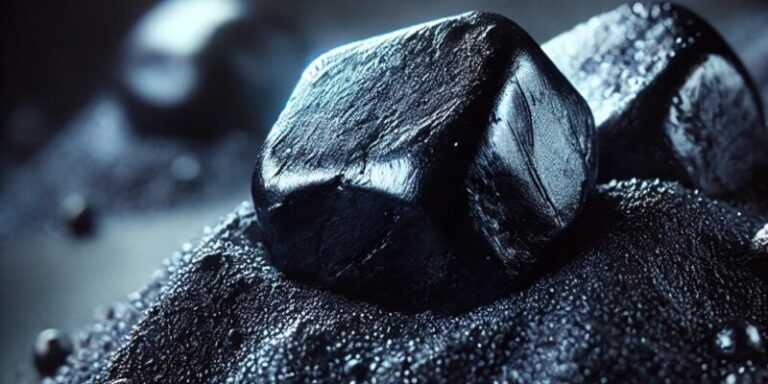
In the past two years, Western nations have shown increased interest in Congolese minerals, particularly cobalt and lithium, viewing the Democratic Republic of Congo (DRC) as pivotal in the global energy transition.
The European Union and the United States are eager to reduce their reliance on China for critical mineral supplies, thus enhancing their strategic positioning.
This shift has prompted the DRC to seek a renegotiation of its 2008 agreement with the Chinese Enterprise Group, aiming for more favorable terms.
However, despite this push for revised agreements, China maintains its dominant presence in the Congolese market.
President Félix Tshisekedi’s visit to China in May 2023 marked a turning point in Sino-Congolese relations, with both sides elevating their cooperation to a “strategic and comprehensive level.”
Originally, the 2008 agreement with Chinese firms entailed a $3 billion investment in infrastructure, with $1 billion already utilized. Now, an additional $4 billion has been allocated, solidifying the partnership.
Under the renegotiated contract, the DRC expects to generate at least $324 million annually, earmarked for infrastructure construction.
Consequently, major infrastructure projects are slated for relaunch within three years, as per Congolese officials.
The DRC welcomes this partnership, especially considering that European and American investors do not offer such swift financing terms.
The country also seeks to finalize several billion-dollar public-private partnerships focusing on infrastructure development.
Despite Western countries’ burgeoning interest, China continues to strengthen its ties with the DRC. The presence of Shen Yueyue, vice-president of the Chinese People’s Political Consultative Conference (CPPCC) and special envoy of President Xi Jinping, at Félix Tshisekedi’s inauguration underscores the significance of this bilateral relationship.





